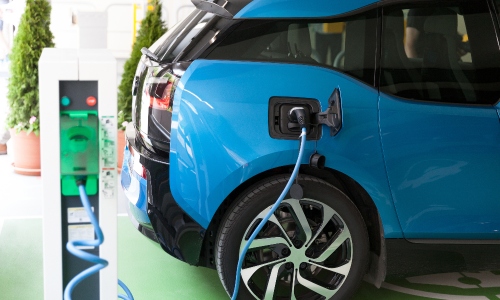Electrified vehicles (EVs) have been steadily rising in popularity in the U.S. according to Consumer Reports, with plugin hybrid electric vehicles (PHEVs) coming in particularly hot. While acknowledging this, the brand also added several hybrid/all-electric vehicles to its Best Cars of 2024 listing, bringing the representation of the category to seven out of the 10 vehicles selected.
In doing so, Consumer Reports notes it as growing proof that partial or full electric vehicles are fully capable of competing with and potentially outperforming their gas counterparts.
Four of Toyota’s electrified vehicles made it to the list, including the Prius and a hybrid version of its popular Camry sedan, while Tesla’s Model Y, Ford’s Maverick Hybrid pickup truck and BMW’s X5 PHEV cinched spots.
While interest in full-electric vehicles has gradually been increasing over time due to government initiatives as well as heightened concerns surrounding sustainability, public interest in hybrids has also risen as expensive gas prices dominated public attention within recent years.
According to the Consumer Reports study, electrified vehicles accounted for 16.3% of all light-duty vehicle sales in the United States last year.
The report also added that PHEV sales grew 60% last year.
“For many drivers, PHEVs will save you money over the long run when compared with a gas, hybrid, or electric vehicle,” said Jake Fisher, CR’s senior director of automotive testing.
These findings come as consumer have gradually grown increasingly frustrated with a lack of reliable public infrastructure for EV charging, resulting in those who have long been on the fence gradually opting out of purchasing an EV until the current state of public charging changes.
Many within the industry, however, continue to highlight that a lack of public infrastructure accentuates the demand for reliable private infrastructure, with professionally installed home chargers being more vital due to the assumed lack of coverage publicly.
The growth of PHEVs in popularity among American consumers may indicate a continued willingness to advance towards an all-electric model while also acknowledging the current hurdles being posed to adoption due to lack of support.







